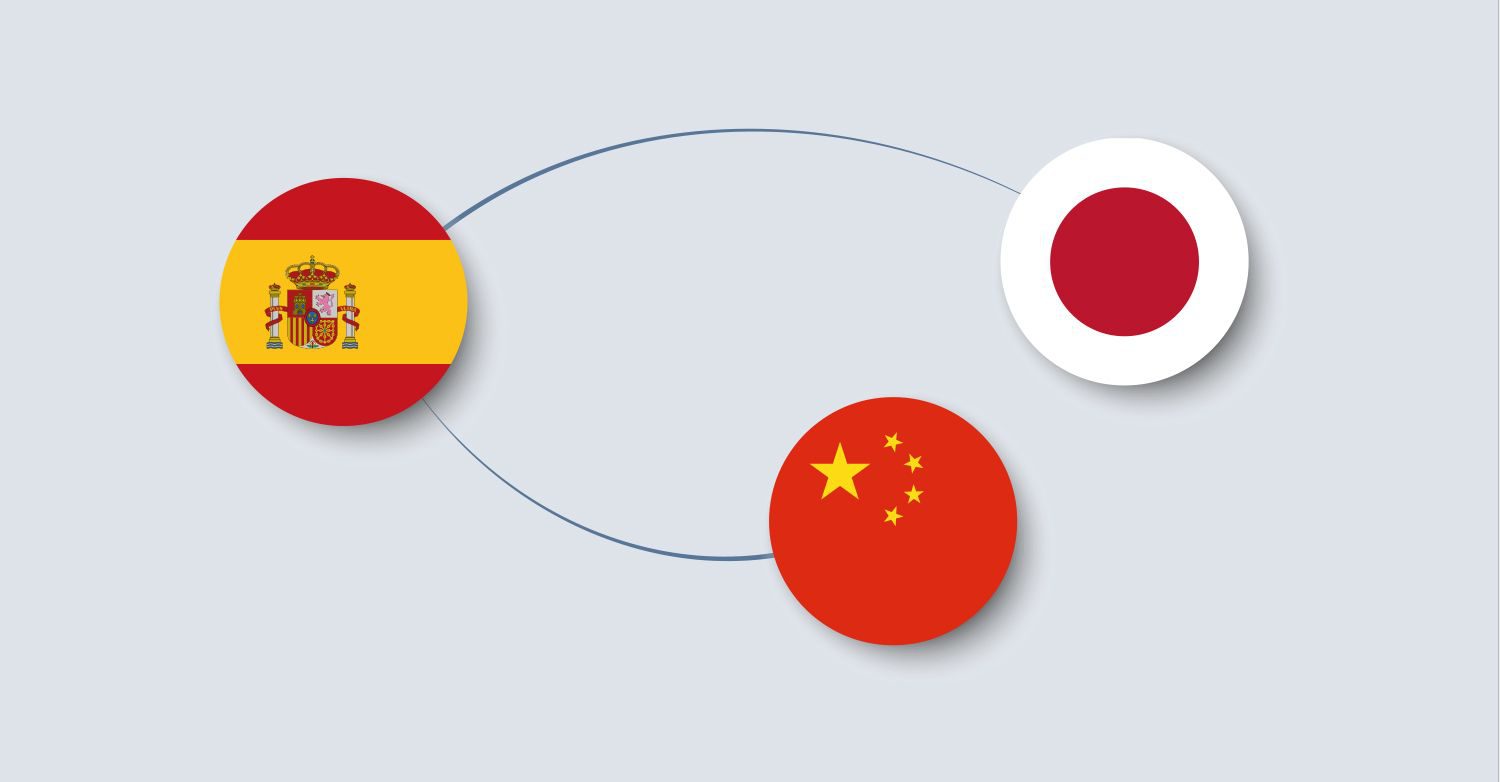Base Erosion and Profit Shifting (BEPS) is an initiative launched by the OECD with the aim of integrating international tax rules. In the case of Spain, the Double Taxation Avoidance Agreements signed with China and Japan, among others, were pending adaptation. These agreements affect a large number of Spanish companies that maintain commercial relations with these two Asian powers.
The OECD requires all countries that have signed the BEPS Action Plan to work towards the elimination of any conventions or regulations that create low taxation spaces for companies established in other countries, as well as in capital movements, committing the signatory countries to negate tax avoidance and reduce opportunities for low taxation.
The Spanish Government drafted the DTT with China on 28 November 2018 (updating the convention in force from 22 November 1990 and adapting it to the new 2017 OECD Model Convention). This Spain/China DTT has been published on 30 March 2021 and it will enter into force on 2 May 2021. However, it should be noted that the provisions of Article 23 on Assets (movable and inmovable assets) of the previous Convention shall be in force until 31 December 2021.
The DTT with Japan signed on 16 October 2018 (the last treaty was dated 13 February 1974), was published in the BOE on 26 February 2021 and will enter into force on 1 May 2021. However, the effects in relation to the taxes required on a fiscal year basis, as well as taxes thar are not required on a fiscal year basis shall enter into force from 1 January 2022. However, the provisions relating to the exchange of information, as well as the collection of taxes, shall enter into force on 1 May 2021.
Both DTTs apply to income taxes: Corporation Tax, Personal Income Tax and Non-Resident Income Tax.
This two DTTs each have 31 articles and a Protocol. Articles 1 and 2 establish the subjective scope and application material, respectively. Articles 3 to 5 contain general definitions, specifying the taxation of the different income from Article 6. The elimination of double taxation is set out in Article 23 of DTT signed with China, and Article 22 of the DTT signed with Japan. The other articles include provisions relating to the exchange of information, assistance in collection, user-friendly procedures, non-discrimination, denunciation, etc.
These measures continue the move towards standardisation and fiscal harmonisation between Spain and these two Asian economies, and add to other initiatives such as the free trade agreement established between the European Union and Japan in 2019.
Below is a summary of the taxation on investment income, applying the new conventions:
| DTT SPAIN – CHINA | DTT SPAIN – JAPAN | |
| Dividends |
|
|
| Interests |
|
|
| Royalties |
|
|
| Capital Gains |
|
|
Local Knowledge – International Coverage
Founded in 1979, Auxadi is a family-owned business working for multinational corporations, private equity funds and real estate funds. It’s the leading firm in international accounting, tax compliance and payroll services management connecting Europe and the Americas with the rest of the world, offering services in 50 countries. Its client list includes many of the top 100 PERE companies. Headquartered in Madrid, with offices in US and further 22 international subsidiaries, Auxadi serves 1,500+ SPVs across 50 jurisdictions.
All information contained in this publication is up to date on 2021. This content has been prepared for general guidance on matters of interest only, and does not constitute professional advice. You should not act upon the information contained in this chart without obtaining specific professional advice. No representation or warranty (express or implied) is given as to the accuracy or completeness of the information contained in this content, and, to the extent permitted by law, AUXADI does not accept or assume any liability, responsibility or duty of care for any consequences of you or anyone else acting, or refraining to act, in reliance on the information contained in this chart or for any decision based on it.





